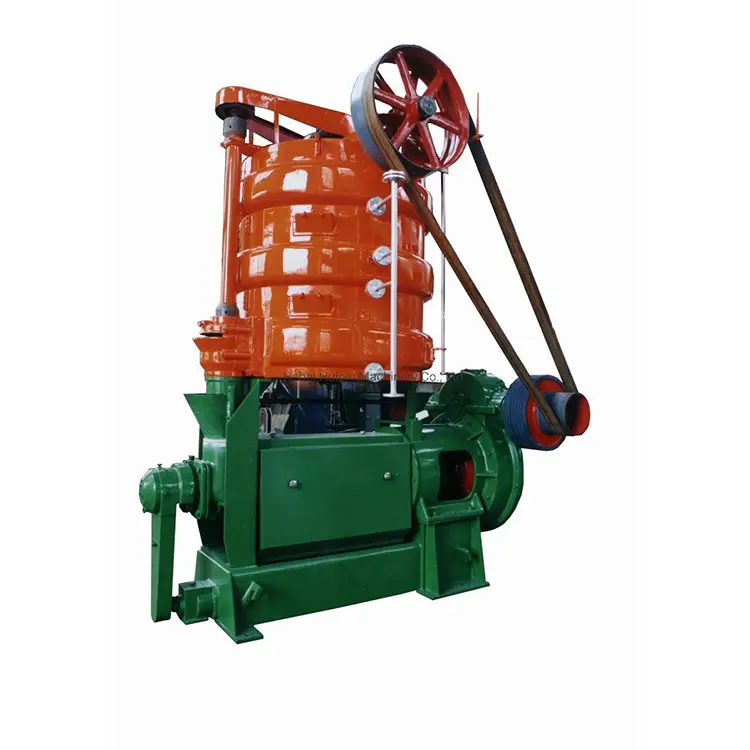Nov . 27, 2024 00:26 Back to list
Rapeseed Oil Refinery Production Facility Overview and Insights
The Importance of Rapeseed Oil Refining A Comprehensive Overview
Rapeseed oil, derived from the seeds of the rapeseed plant, has become a staple in the culinary and industrial sectors due to its favorable fatty acid profile and versatility. To ensure that this oil is safe for consumption and meets quality standards, a comprehensive refining process is essential. This article explores the significance of rapeseed oil refining units, the methods employed, and the benefits of refined rapeseed oil.
Understanding the Refining Process
The refining of rapeseed oil involves a series of steps designed to remove impurities, odors, and any harmful substances, thereby enhancing the oil's quality and shelf life. The primary stages of the refining process are degumming, neutralization, bleaching, and deodorization.
1. Degumming This initial stage aims to remove phospholipids, which can cause cloudiness in the oil. Water or acid is typically added to the crude oil, allowing the phospholipids to hydrate and separate. This step is crucial as it prepares the oil for subsequent refining processes.
2. Neutralization Next, the oil undergoes neutralization to eliminate free fatty acids. This is typically achieved by mixing the oil with an alkaline solution, such as sodium hydroxide. The acids react with the alkali, forming soap, which can then be removed by centrifugation. This step not only improves the flavor of the oil but also prevents it from becoming rancid.
3. Bleaching After neutralization, the oil is bleached to remove any pigments, such as chlorophyll and carotenoids, that may affect its color and taste. This is done by mixing the oil with bleaching earth or activated carbon, which adsorb these unwanted pigments. The result is a clearer, paler oil that is more visually appealing to consumers.
4. Deodorization The final stage is deodorization, where the oil is subjected to high temperatures under vacuum conditions to eliminate volatile compounds that contribute to unpleasant odors and flavors. This step not only enhances the oil's sensory qualities but also extends its shelf life by removing components that could lead to spoilage.
rapeseed oil refining unit factory

The Significance of Refining Units
Rapeseed oil refining units play a critical role in the edible oil industry. They ensure that the oil produced is of high quality, safe for consumption, and capable of meeting regulatory standards. Moreover, these units contribute to the economic viability of rapeseed oil production by maximizing yield and minimizing waste.
Efficient refining processes help manufacturers produce oils that are more stable under heat, making them suitable for various cooking methods, including frying and baking. Additionally, refined rapeseed oil has a higher smoke point compared to unrefined oil, ensuring that it retains its nutritional qualities when subjected to high temperatures.
Health Benefits of Refined Rapeseed Oil
Refined rapeseed oil is particularly valued for its health benefits. It contains a balanced ratio of omega-3 and omega-6 fatty acids, which are essential for heart health and overall well-being. Moreover, its low saturated fat content makes it a healthier alternative to other cooking oils, such as palm or coconut oil.
Furthermore, the oil is a rich source of vitamin E, an antioxidant that helps protect the body from oxidative stress. Because of these health benefits, refined rapeseed oil has gained popularity not only among consumers but also within the food industry, where it is often used in salad dressings, sauces, and marinades.
Conclusion
The refining of rapeseed oil is a vital process that enhances the quality, safety, and usability of this versatile oil. Through its various stages—degumming, neutralization, bleaching, and deodorization—the oil is transformed into a product that meets the highest standards of purity and taste. As the demand for healthy cooking oils continues to rise, rapeseed oil refining units will remain integral to the food supply chain, providing consumers with a nutritious and stable cooking option. As we move forward, the advancements in refining technology and practices promise to further elevate the quality and accessibility of rapeseed oil, benefiting both producers and consumers alike.
-
Oil Processing Equipment - High-Efficiency Flaking Machine
NewsJul.25,2025
-
High-Efficiency Peanut Oil Refined Machine for Quality Oil Production Leading Exporters & Companies
NewsJul.08,2025
-
High Efficiency Sunflower Seed Oil Press – Leading Cooking Oil Press Machine Factories & Suppliers
NewsJul.08,2025
-
High-Efficiency Soybean Oil Press Machine – Leading Exporters & Reliable Companies
NewsJul.07,2025
-
High-Efficiency Seed to Oil Extractor – Reliable Extraction Machinery for Your Business
NewsJul.07,2025
-
High-Quality Pressing Screw of Oil Expeller for Efficient Oil Extraction Leading Exporters & Manufacturers
NewsJul.06,2025
